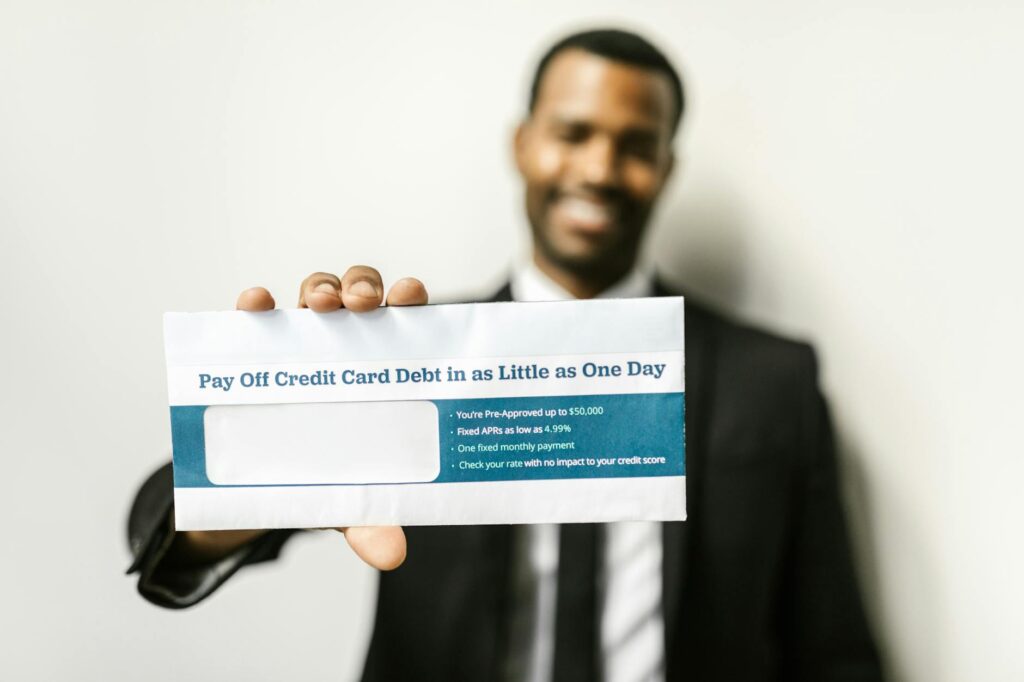Drowning in credit card debt can feel overwhelming, but understanding the problem is the first step towards finding a solution. This guide provides actionable strategies to help you regain control of your finances.
Understanding Your Debt
Before tackling your debt, you need to understand its full extent. Gather all your credit card statements and list each card, its interest rate, minimum payment, and your current balance. Use a spreadsheet or budgeting app to organize this information. Seeing the numbers clearly can be surprisingly motivating.
Calculating Your Interest
High interest rates are the biggest enemy of credit card debt repayment. Calculate how much interest you’re paying each month. This stark realization will underscore the urgency of tackling your debt. You can use online calculators to assist you with this process. Check out this helpful calculator.
Creating a Budget
A realistic budget is crucial. Track your income and expenses for a month to identify areas where you can cut back. Every dollar saved can go towards paying down your debt. Learn more about creating a detailed budget.
Debt Repayment Strategies
Several strategies can help you pay off your debt faster. The snowball method involves paying off the smallest debt first, building momentum. The avalanche method prioritizes paying off the debt with the highest interest rate. Choose the method that best suits your personality and financial situation. [IMAGE_2_HERE]
Negotiating with Credit Card Companies
Don’t be afraid to negotiate with your credit card companies. They may be willing to lower your interest rate or waive late fees. Be polite but firm in your request. Explain your situation and propose a plan to repay your debt. Here are some tips for negotiating with creditors.
Seeking Professional Help
If you’re struggling to manage your debt, don’t hesitate to seek professional help. A credit counselor can provide guidance and support, and may be able to negotiate with your creditors on your behalf. Find a certified credit counselor near you.
Building Good Credit Habits
Once you’ve tackled your debt, focus on building good credit habits. Pay your bills on time, keep your credit utilization low, and monitor your credit report regularly. [IMAGE_3_HERE] Learn more about improving your credit score.
Consolidation Options
Consider debt consolidation if you have multiple high-interest debts. This involves combining your debts into a single loan with a lower interest rate, making repayments more manageable. However, carefully weigh the pros and cons before opting for this.
Taking control of your credit card debt requires dedication and planning, but it’s achievable. By following these steps, you can work your way to financial freedom. Remember, seeking help is a sign of strength, not weakness.
Frequently Asked Questions
What is the best way to pay off credit card debt? There’s no one-size-fits-all answer, but strategies like the snowball and avalanche methods can be effective. Consider your financial situation and personality when choosing a method.
Can I negotiate my interest rate? Yes, contacting your credit card company directly and explaining your situation may lead to a lower interest rate.
What if I can’t afford my minimum payments? Contact your creditors immediately to discuss options, such as hardship programs or payment plans. Don’t ignore the problem; address it proactively.
What is debt consolidation? Debt consolidation involves combining multiple debts into a single loan with a potentially lower interest rate. It simplifies repayments but requires careful consideration.
Where can I find free credit counseling? Many non-profit organizations offer free or low-cost credit counseling. You can find them online or through referrals.